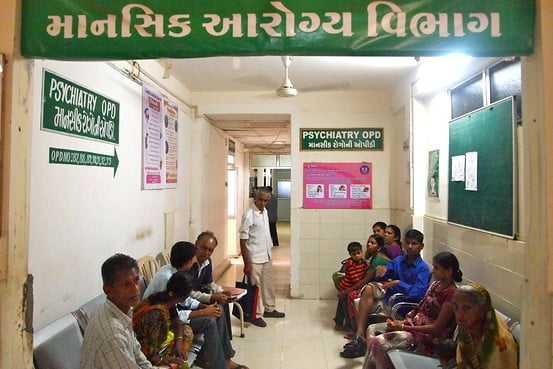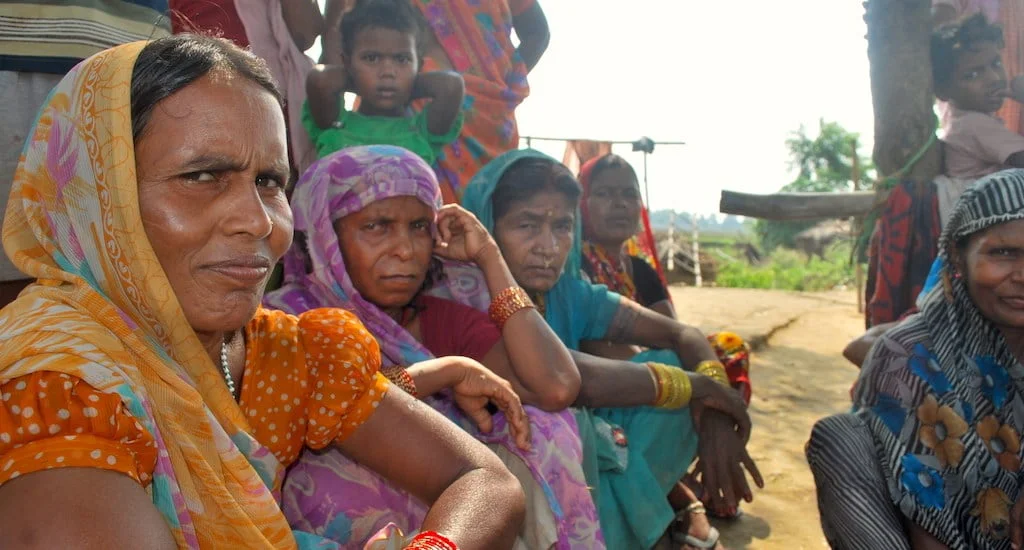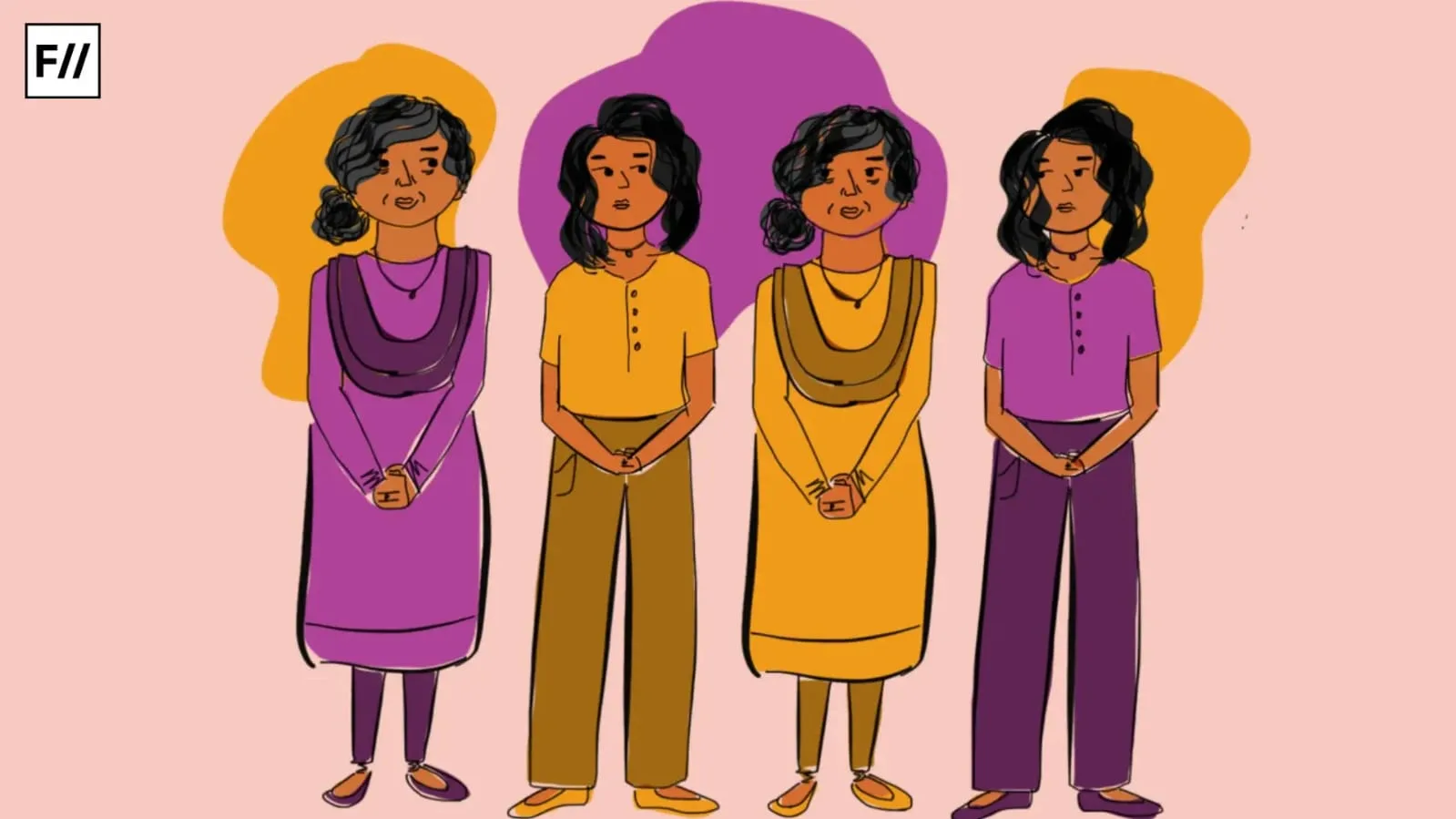Posted by Esha Patnaik
I was recently invited by a senior public policy researcher to contribute an article on mental healthcare for people with chronic illnesses, as part of a larger project. The psychotherapist in me got excited until I received the complete brief. I was to avoid all use of terms such as ‘mental’, ‘anxiety’, ‘depression’, ‘therapy’ and ‘psychiatry’ in my writing. These terms themselves were supposed to be anxiety producing so ‘safer’ substitutes such as ‘being upset’ and ‘emotional support’ were suggested. Imagine trying to describe someone with chronic depression as “feeling upset”. I opted out of the project.
According to the World Health Organisation, around 7.5 percent of the Indian population struggles with some form of psychological disorder that requires professional intervention. Depression and anxiety account for a significant chunk of this figure. Yet, we still shy away from any direct reference to the field or acknowledging the existence of these disorders. It is partially this reluctance and stigmatisation of all things ‘mental’, that not only prevents us from setting up and seeking mental healthcare resources, but can also contribute to the maintenance, if not aetiology, of psychological disorders.
According to the World Health Organisation, around 7.5 percent of the Indian population struggles with some form of psychological disorder that requires professional intervention.
In a largely collectivistic, heteronormative culture such as that of India, individual problems are assumed to reflect poorly on the acculturation process of social systems in which the person operates. Family and social circles play the role of advising and guiding the person in this process of socialisation. Thus, formal mental healthcare is not perceived as a tool to maintain a healthy society for its members but as holding up a mirror to society’s lacunae.
Being largely invisible, psychological problems are considered to be primarily a matter of maladjustment to social norms. The instinctive reaction then is to rationalise, advise or ignore even an obvious psychological concern, hoping it will go away. There is at times also an inclination to attribute the unusual behaviour to paranormal influence. So on one hand disintegrating social structures and changing family dynamics exacerbate the psychological concerns an individual faces. On the other hand are implicitly imposed norm of behaviour that make it difficult for the individual to voice these concerns or seek help for them.
The extreme stigmatisation of people living with psychological disorders is further bolstered by mainstream movies and television shows that depict mental illness in stereotypical manners. People are shown confined to asylums or displaying exaggerated behaviour that is supposed to be interpreted as ‘madness’.
Also read: It’s Time Films Began Portraying Mental Illness With Greater Sensitivity
Mental health professionals, who are variously referred to as ‘doctor’ or ‘shrink’ (and hardly ever as a psychotherapist or counsellor) are portrayed as offering random diagnoses or asking one stock question, “How are you feeling?” With poor healthcare penetration and awareness, these distorted or partial notions of what happens in the consulting room are the source of much speculation and jokes. More concerning, they do a disservice to the field by creating misperceptions regarding how psychotherapy and counselling actually work.
Apart from cinematic depictions, there are multiple misconceptions regarding mental healthcare. We often fear what we do not understand. Since there is so much that we still do not understand about the mind, any illness relating to it causes fear and prejudices in the minds of even otherwise educated people such as the researcher above. Even if one were to overcome one’s reluctance and meet a professional, there are expectations of instant cures. If prescribed psychiatric medications, many people are known to not complete the dosage and stop midway, while others might self medicate. Having to pay someone to ‘just talk’ in therapy is often considered an absurdity at best and timely intervention is not sought.
Another very real concern that adversely affects mental healthcare is the availability of trained professionals. This includes psychiatrists, psychotherapists and psychiatric social workers. According to the National Crime Records Bureau, we have around 7,000 trained mental health specialists in the country, while the actual requirement is more than 50,000. Absence of accredited training programmes is a significant drawback.
According to the National Crime Records Bureau, we have around 7,000 trained mental health specialists in the country, while the actual requirement is more than 50,000.
A standard licensing procedure is not in place, turning mental healthcare into a highly unorganised field. The closest to any sort of regulation is the Rehabilitation Council of India, a statutory body that was set up by an Act of the Parliament. It aims to regulate training programmes and professional work in the field of disability and rehabilitation. The body does not cover the entire field of mental health, though it insists on practitioners to be registered with it. Probably unintentional, but by not clarifying the difference between registration and licensure, and by often being inaccessible, the RCI at times creates more problems than it solves.
Sensing a business opportunity, several educational institutes and training firms have stepped in to offer certificate and diploma courses in counselling. A few of them do a good job. Others end up churning out candidates with hardly any conceptual clarity or practical experience, who are then free to call themselves therapists, counsellors and healers, even when much of what they do may not be related to psychological counselling.
The final systemic concern related to mental healthcare is public policies and their implementation. The Mental Healthcare Act 2017, in principle, guarantees access to such facilities to all citizens irrespective of social strata. In reality, access to mental healthcare is often a class privilege. The limited professional support that is available across the country is often restricted to urban centres and to people who can afford it, excluding a sizeable population in urgent need of professional care.
Research has now established that poverty and deprivation are significant antecedents to psychological disorders. Yet, psychiatric and psychotherapeutic interventions often do not factor these into the treatment modalities. There are grassroots organisations working in rural areas and with under privileged sections to offer primary psychological interventions, but they are often grossly understaffed and ill-equipped to deal with the magnitude of the situation.
Is it a hopeless situation for mental healthcare in India? One should hope not. There is no one simplistic solution but public-private partnerships can go a long way in addressing the problem. Standardised training resources, primary mental healthcare facilities, mental health awareness campaigns and creating safe spaces for dialogues will surely help pave a way forward.
Esha Patnaik is a psychotherapist based in Ahmedabad, India. She uses a primarily narrative approach to work with adults and adolescents.
Featured Image Source: The MINDS Foundation
About the author(s)
Guest Writers are writers who occasionally write on FII.




